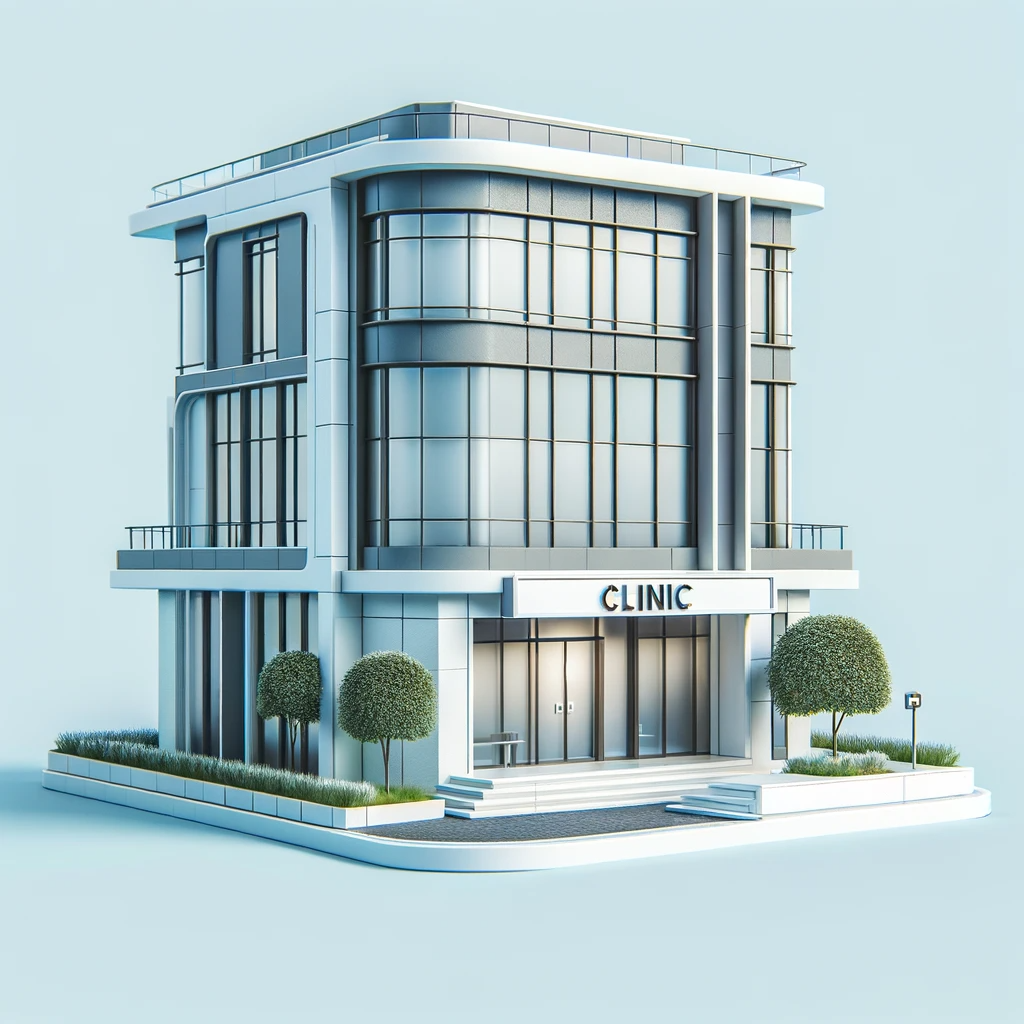
Role of Drug Rehabilitation Centers: A Case Study of Sunrise Healing Center
In the fight against substance abuse and addiction, drug rehabilitation centers play a crucial role. “Sunrise Healing Center,” a prominent rehab facility, exemplifies how these centers can transform lives affected by addiction. This essay explores the multifaceted role of drug rehabilitation centers, using Sunrise Healing Center as a case study, and delves into how they address the complexities of addiction.
Understanding Addiction and Its Impact
Addiction is a chronic, relapsing disorder characterized by compulsive drug seeking, continued use despite harmful consequences, and long-lasting changes in the brain. It affects not only the individual but also their family, friends, and society at large. The impact of addiction can be seen in various forms – health deterioration, broken relationships, job loss, and financial ruin, among others.
The Role of Rehabilitation Centers
- Assessment and Personalized Treatment Planning: At Sunrise Healing Center, the journey begins with a comprehensive assessment. This evaluation covers the physical, psychological, and social aspects of addiction. Based on this, a personalized treatment plan is developed for each individual.
- Detoxification: The first step in the treatment process is often detoxification – safely managing the acute physical symptoms of withdrawal. Sunrise Healing Center provides a medically supervised detox program to ensure patient safety and comfort.
- Therapy and Counseling: A core component of rehabilitation is therapy. This includes individual therapy, group therapy, and family therapy. Therapists at Sunrise Healing Center use various modalities, such as Cognitive Behavioral Therapy (CBT) and Dialectical Behavior Therapy (DBT), to address the underlying causes of addiction.
- Education about Addiction: Education plays a pivotal role in recovery. Patients learn about the nature of addiction, its effects on the brain and body, and how to cope with cravings. Sunrise Healing Center conducts workshops and seminars to educate patients.
- Skill Development and Relapse Prevention: Rehabilitation centers equip individuals with the skills needed for a sober life. This includes coping strategies, stress management, and relapse prevention techniques. Sunrise Healing Center offers programs designed to help patients build these essential skills.
- Holistic Approaches: Many centers, including Sunrise Healing Center, incorporate holistic approaches like yoga, meditation, and art therapy. These practices help in overall well-being – physically, mentally, and spiritually.
- Aftercare and Support: Post-treatment support is critical for maintaining sobriety. Sunrise Healing Center offers aftercare programs, alumni events, and support groups to provide ongoing support to its former patients.
The Environment at Rehabilitation Centers
The environment of a rehab center is crucial for recovery. Facilities like Sunrise Healing Center are designed to be welcoming and calming. The serene environment, away from daily stressors and triggers, helps individuals focus solely on their recovery.
Family Involvement
Family involvement is another critical aspect of rehabilitation. Addiction often strains family relationships, and family therapy sessions help in healing these relationships. Sunrise Healing Center encourages family participation in the recovery process.
Challenges in Rehabilitation
- Stigma: One of the significant challenges faced by rehabilitation centers is the stigma associated with addiction. Overcoming societal prejudices is crucial for encouraging more individuals to seek help.
- Relapse: Relapse is a common part of the recovery journey. Handling relapse compassionately and effectively is an essential role of rehab centers.
- Co-occurring Disorders: Many individuals with addiction also suffer from co-occurring mental health disorders. Dual diagnosis treatment, a specialty of Sunrise Healing Center, addresses both addiction and mental health disorders concurrently.
The Success Stories
Success stories are what define the role of rehabilitation centers. Former patients of Sunrise Healing Center often share their stories of transformation, from the depths of addiction to a life of sobriety and fulfillment. These testimonies serve as powerful motivators for current and future patients.
Community Role and Outreach
Rehabilitation centers also play a vital role in community outreach and education. Sunrise Healing Center participates in community programs to raise awareness about addiction and the importance of seeking professional help.
Innovation and Research
Centers like Sunrise Healing Center are also involved in research and innovation in addiction treatment. By staying abreast of the latest developments in the field, they continually improve and refine their treatment methodologies.
Economic Impact
Beyond the health and social benefits, rehab centers also have an economic impact. By helping individuals recover from addiction, they contribute to reducing healthcare costs and improving workplace productivity.
Conclusion
The role of drug rehabilitation centers is multi-dimensional. Centers like Sunrise Healing Center not only provide a path to recovery for individuals grappling with addiction but also play a broader role in education, community outreach, and breaking down the stigma associated with addiction. Their importance in the health and well-being of society cannot be overstated. Through a combination of personalized care, therapeutic interventions, and ongoing support, rehabilitation centers stand as beacons of hope and healing for many. As the battle against substance abuse continues, the


